Best known as an educator at the University of Southern California’s Studio Jazz Department, and as the author of many guitar instruction books, Steve Trovato is also recognized as a guitarist’s guitarist. He has won awards, performed throughout the world, and is a master of jazz, rock, country and blues techniques. Trovato’s virtuoso skills were showcased at the 2011 NAMM show, where he headlined the annual All-Star Guitar Night, sharing the stage with fellow guitar legend and friend Carl Verheyen, bassist Stu Hamm and drummer Danny Gottlieb.
Trovato continues teaching, but presently, he’s concentrating on live performances and recording another album, Heartland, with a release projected for November 2011. “I’ve been known, and well-known worldwide, as an educator, but I’m tired of that,” Trovato told Planet Ill. “I’ve written 40 books, done 30 DVDs, written monthly columns in guitar magazines, and the problem is that people say, ‘If you can’t do, teach.’ I can play really well, but I never pushed that side of my career. So I’ve decided to focus on performance.”
Planet Ill: You’ve been nicknamed “The Great Chameleon.” How great of an advantage was there early on to pursuing so many styles of music?
Steve Trovato: For some reason, I never drew that hard, fast line between styles. I played what interested me. I thought that as long as I hear somebody play, and I get a snapshot of their soul and not technical exercises, it doesn’t matter what style. Robben Ford said, “Great musicians don’t care what you play; they care how you play it.” I didn’t have a preconceived notion of what I was supposed to like.
One day I was transcribing Chet Atkins or George Benson or Ritchie Blackmore or Jeff Beck or every Beatle tune I could figure out at 15. There was no particular style that I favored. So I got better at some and mediocre at others and I became known as a chameleon. Until the last four years, it was a hindrance because when I play that many styles, there is no way to brand me. For a long time, people thought of me and didn’t know — “Who is this guy and what does he do?” It was a detriment.
Now, in these days of computers and the way art works, people have the attention span of a marshmallow and they can only stand one style for two minutes and then they want something else, so it’s a positive attribute. The problem is that I don’t want to play all those styles. I like my country and jazz.
Planet Ill: What makes you a good bandleader?
Steve Trovato: I’m very fortunate that people want to work with me. They know I’m demanding, and I also demand a lot of myself. I set a program of example. I’m a good leader in that people don’t mind following me. I’m not a micromanager. I have two types of bands. One is a pickup band that I use for one-night gigs. They’ve never heard my music, so I bring charts and make it straight ahead so that they’re not thinking too much while they’re playing. Hopefully, I get there an hour or two before the performance and before dinner so we can rehearse. With my regular band, I bring involved and intricate charts and we have more time to work on the songs.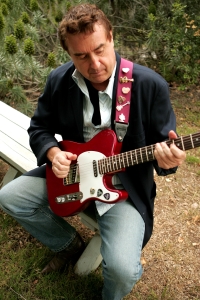
Planet Ill: You made the statement “so that they’re not thinking too much while they’re playing.” Do you sometimes think too much while playing?
Steve Trovato: I used to, but I don’t care anymore. I work with musicians who are so good that they do not chip a note or make a mistake all night, or if they do, they cover it so well that you don’t know. I give my all, but if something goes awry or I blow it, so what. After 30 years, you don’t blow it so bad, hopefully, and if someone makes a mistake, I don’t even turn around. I just smile. I’m easygoing on my musicians. Onstage, I have to be easygoing. What happens happens. You’ve got to let it go.
Planet Ill: How long did it take you to learn this?
Steve Trovato: Great question. I tell my students that when you get uptight and second-guess yourself or try to play what’s considered hip or what you think the audience wants to hear, out comes this super-edited, judged music that has nothing to do with the musician and everything to do with what the musician thinks the audience wants. I’ve talked to other musicians about it. I talked to Pat Metheny and Joe Diorio; I said, “Ninety percent of the musicians I hear are regurgitating ideas and licks that they already know, but when you play music, it seems to come from somewhere else and you’re a conduit for it.”
Joe said, “You’ve known everything you need to play music for the last 20 years. Let go and just play.” I said, “How do you do that, Joe?” He said, “I get onstage, relax and get the warm feeling that everything will be all right. To me, it boils down to a spiritual connection of letting things be what they’re going to be.” Pat Metheny said, “I’m not attached to it. I just let the music come to me.” I said, “Great, Pat. How do you do it?” He said, “I can’t answer that question. I don’t know how. It’s trusting yourself and knowing everything will be all right.” I asked Robben Ford and Albert Lee, and no one knows. They just let go.
Planet Ill: With that in mind, how spontaneous are your solos?
Steve Trovato: Some of the songs have tight arrangements and I worked out the solos, but especially when I play blues and rock I like to be spontaneous and let Steve come out. It doesn’t work all the time because I play so many styles, and if I do what I want in any style, I’ll play jazz, rock, country and blues. I have to make the solo fit and keep certain influences out in certain places, so I can’t completely let go. I’m getting better. Not many guitarists can blend styles. Many jazz players don’t know country, and many country players don’t know jazz. I’m the rare bird who loves both styles and they bleed over, so if it’s my strong suit, I can come from left field at any time.
Planet Ill: How does preparing for something like All Star Guitar Night at NAMM differ from regular gig preparation?
Steve Trovato: It’s a different gig, and I sense from everyone that it’s almost like playing a classical gig where everything is worked out. You don’t want to leave it to chance when it’s being broadcast live to 200 countries. Everyone knows that. You look around at your idols and some of the best guitar players you’ve ever seen and hugely respect. I wanted to be considered a peer, and I wanted to play on that level, so I practiced a lot. I think everyone did. Everyone pretends it’s cake, but nobody sounded like that. The only one who sounded loose was at the end, when Seymour Duncan, Carl Verheyen and I played some blues, but that was the entertainment part and we were winging that.
Planet Ill: The guitar itself keeps changing: scalloped necks, seven strings, robotics. Your thoughts?
Steve Trovato: What happens is there’s a certain earthy ground zero for electric guitar and the way it expresses human emotion. No matter the amps and gizmos, it comes back to the basic electric guitar that represents rock and roll. A lot of bands like experimenting with the guitar as textures and I think that’s great, but eventually it still comes back to those earth tones.
Learn more about Steve Trovato at www.stevetrovato.com and http://listn.to/SteveTrovatoband.
Elianne Halbersberg is a freelance writer whose work has been published by Guitar Edge, Mix, Premier Guitar, Gibson.com, Electronic Musician, Audio Media, Ink 19 and numerous other magazines and websites.
Follow Us on Twitter @ http://twitter.com/planetill
Join Us on the Planet Ill Facebook Group for more discussion
Follow us on Networked Blogs

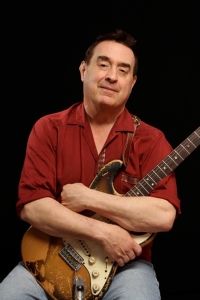
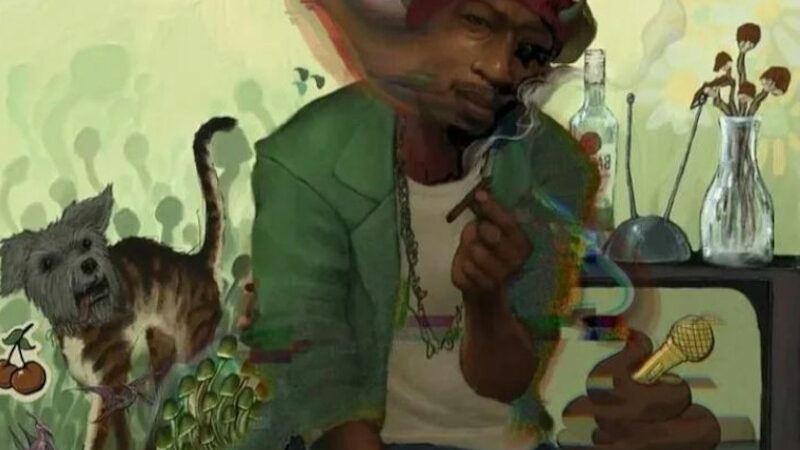
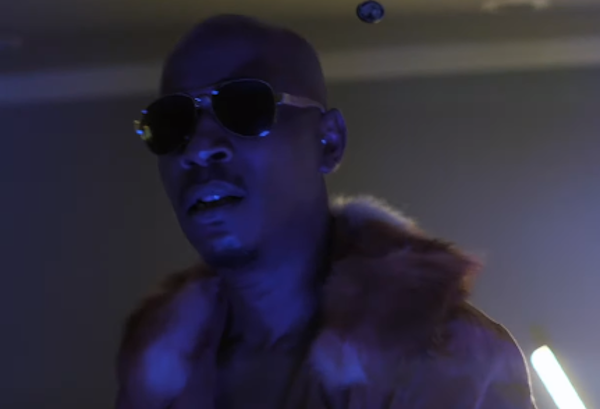
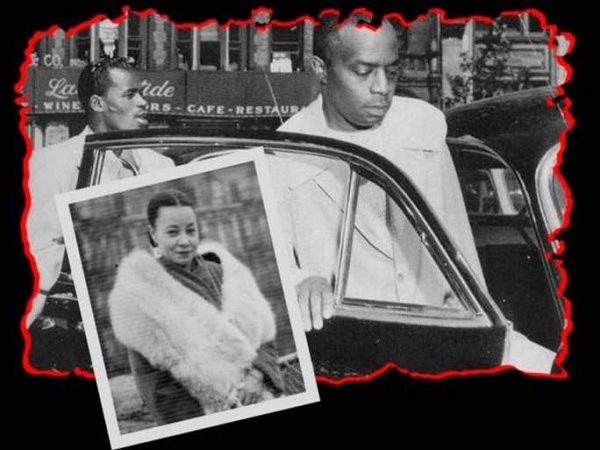

Thank you Steve for sharing yourself and thank you Elianne for a great interview.
Cheers
Irving